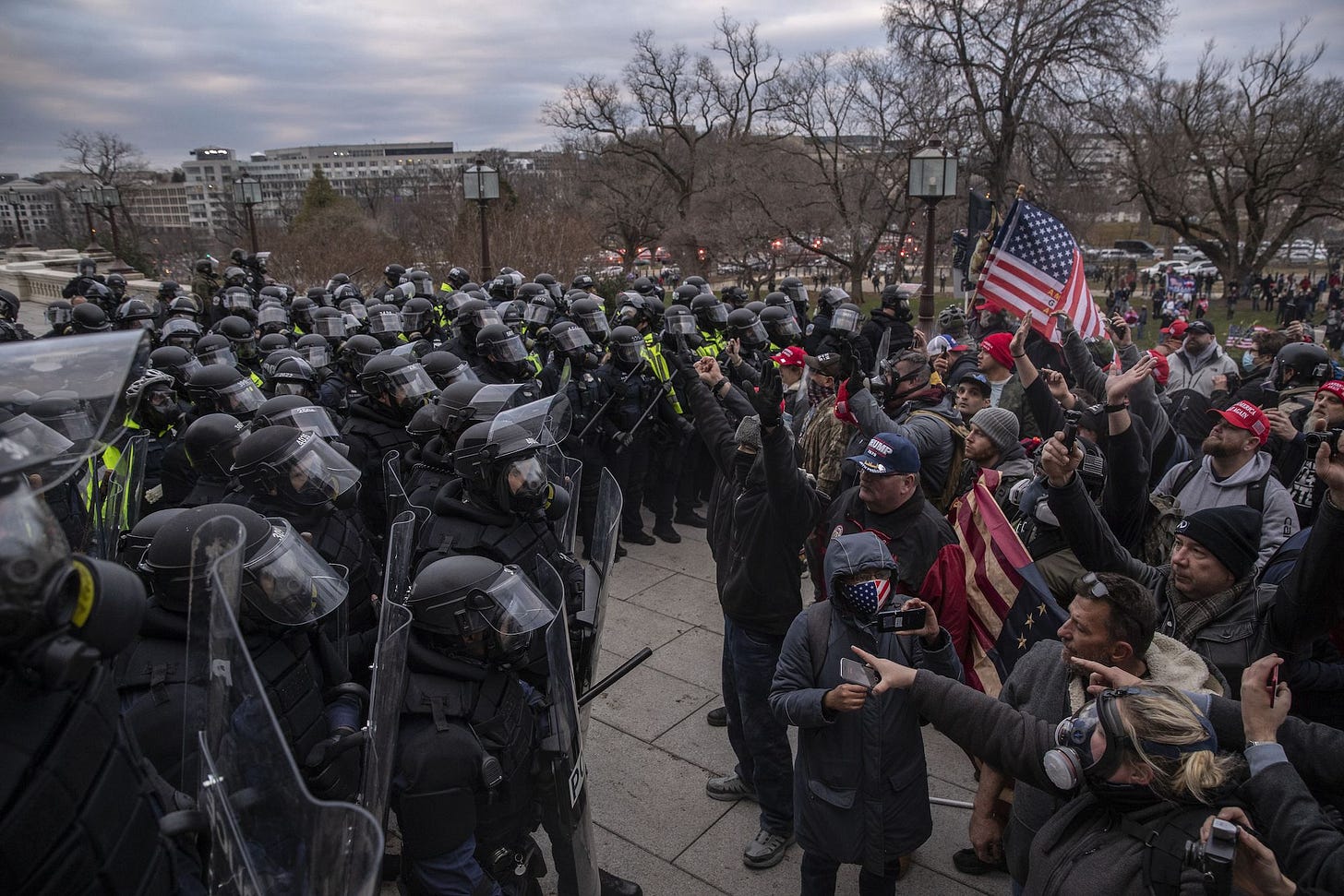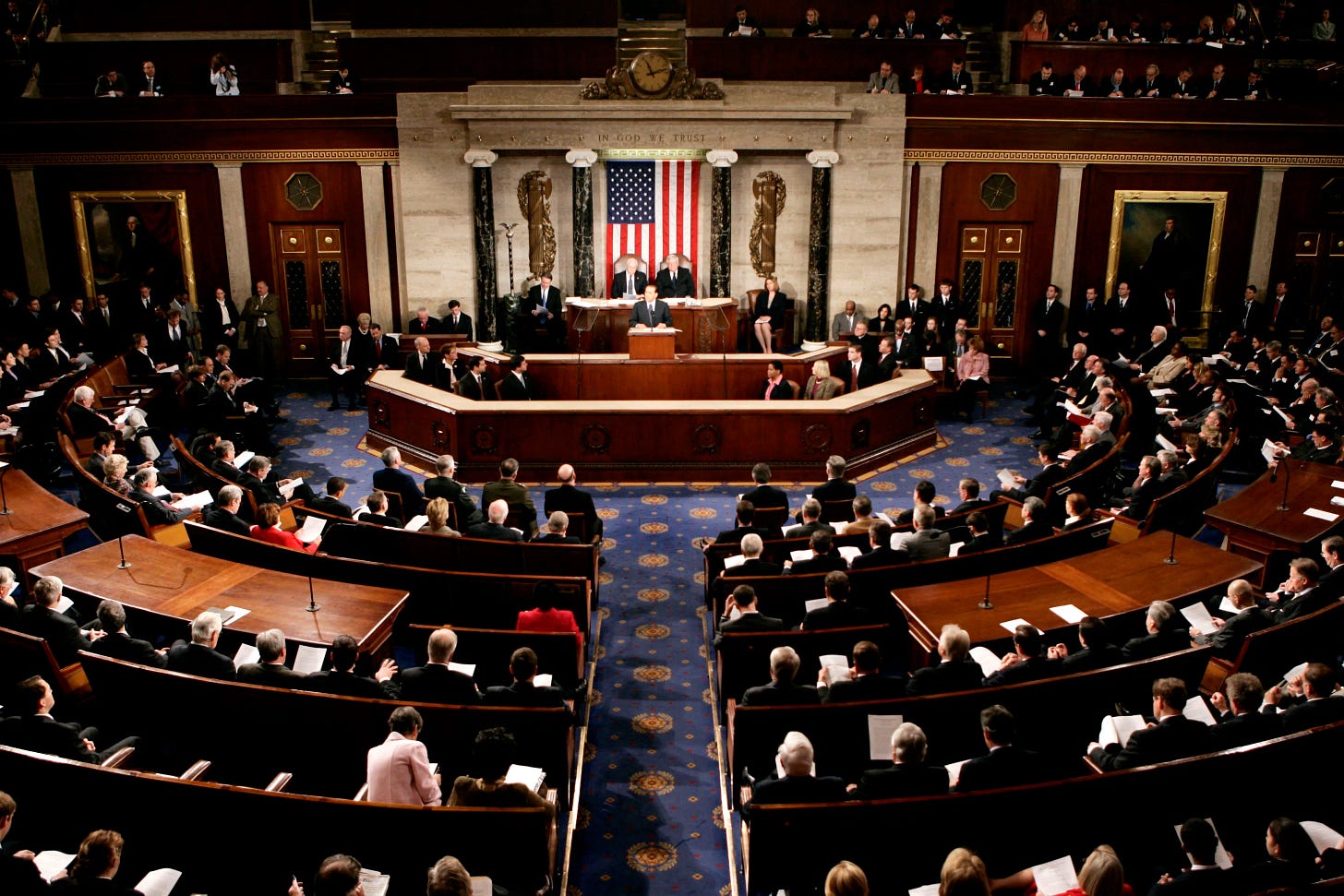
In the discussion of democratic systems, majority rule is normally the vision of fairness and representation. However, fear of the Tyranny of the Majority and efforts to thwart it result in overcorrection into a much less-known danger: Tyranny of the Minority. While nowhere near as well-known, Tyranny of the Minority is just as dangerous as Tyranny of the Majority, often being the reason democratic balance is disrupted and progress is halted.
Tyranny of the Minority occurs in a system where a few individuals or interest groups wield disproportionate power to control legislative outcomes, even when most of the population opposes their stance. In many democratic nations, such as the United States, laws and systems are in place to ensure that fair representation can lead to small groups being enabled to block decisions that would assist the majority of the public. Evidence of this can be found in the US Senate, where a small group of senators, or even a single senator in certain cases, can use many well-known tools to prevent bills from passing, even if those bills have majority support in Congress.
An example of these tools is filibustering. This tool is used in the U.S Senate, allowing a small minority of senators to delay or block legislation from passing by engaging in extended debates. Historically, filibustering was designed to protect minority options; however, in recent times, it has been used to suppress legislation that would have, in theory, benefited the majority of the public. For example, major policies related to healthcare reform, climate change, and social welfare have been stalled for years due to the small yet influential group of senators exploiting the filibuster system. In this case, despite clear public support for the policies, the minority can hold the government hostage, depriving citizens of vital reforms.

These actions undermine the fundamental democratic principle that the majority's will shapes policy. Democracies are built on the idea that the larger public will have the final say in the direction of society, however, one could argue that when a system allows a small group to halt the system, it in turn becomes more elitist. This halting of the democratic process results in policy gridlock, where little gets done despite how much public support a particular policy may have.
In a true representative democracy, safeguards against the tyranny of the majority are necessary, however, these safeguards shouldn’t empower the minority to block the process completely. Moreover, the tyranny of the minority is often sustained by money and lobbying. Well-funded interest groups can influence lawmakers significantly, ensuring that their interests take priority. This issue is only further intensified by Citizens United v. FEC in 2010, in short, allowed unlimited corporate spending in election campaigns.

In conclusion, the tyranny of the minority is a dangerous force that can undermine the democratic process, perpetuate social inequality, and delay necessary reforms. While the protection of minority rights is essential, the current systems in place that enable small groups to block policies supported by the majority need to be changed. For democracy to function effectively, it must ensure that the majority's voice is heard and that the minority does not have the power to prevent necessary societal progress. In other words, a healthy democracy requires balance, where both the majority and the minority are heard, but where the will of the majority can guide the nation toward the future.



